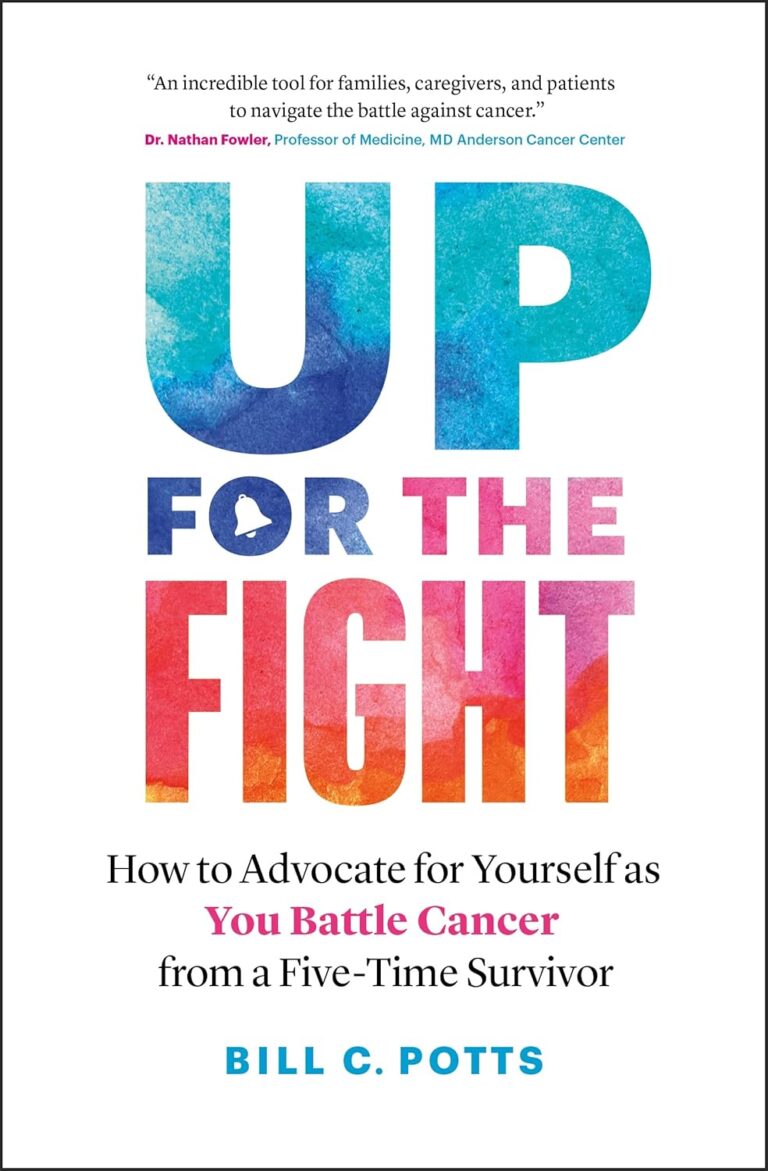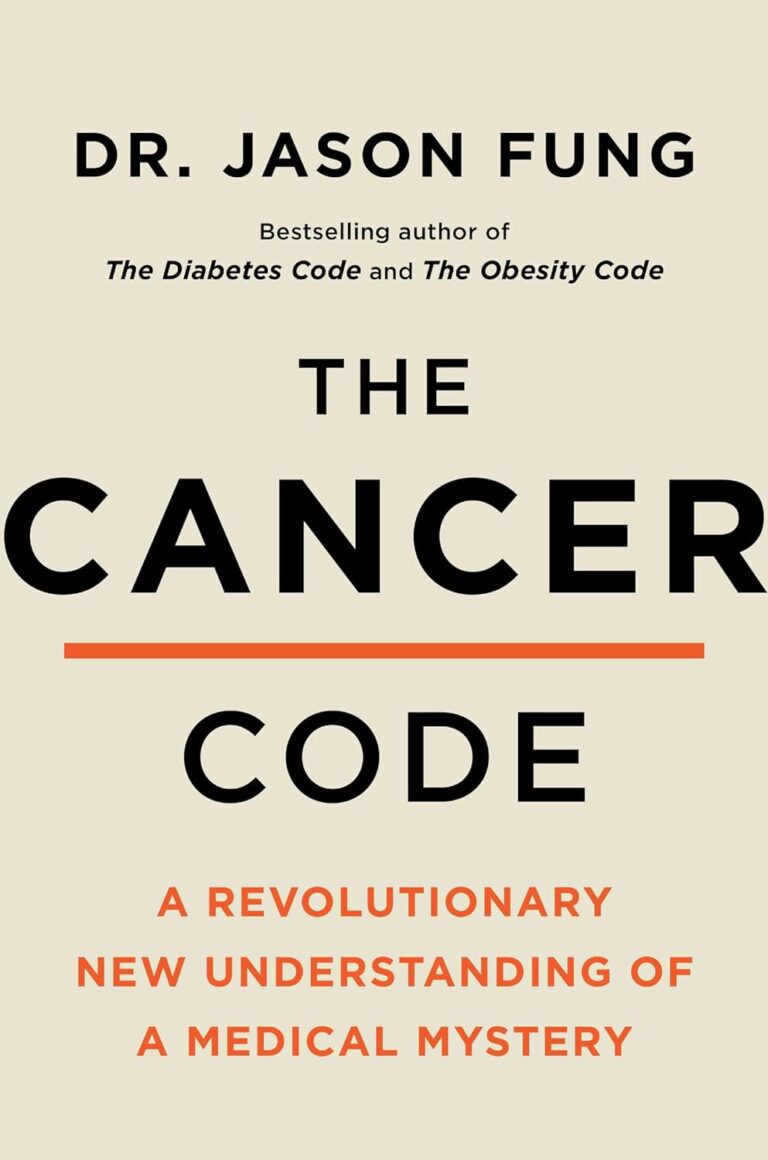
For anyone affected by breast cancer, understanding the different types, stages, and treatment options available is of utmost importance. One variant, invasive lobular carcinoma (ILC), poses unique challenges due to its distinctive characteristics in comparison to other types of breast cancer. Today, we delve into an insightful guide on ILC, its pathogenesis, diagnosis, and treatment options.
Brief Introduction to Breast Cancer
Known as one of the most prevalent types of cancer amongst women globally, breast cancer refers to malignant cells growth in the breast tissue. It is commonly associated with genetic predisposition, aging, lifestyle choices, and hormonal influences.
Overview of Invasive Lobular Carcinoma (ILC)
Invasive Lobular Carcinoma is a subtype of breast cancer that begins in the milk-producing lobules, eventually invading the surrounding normal breast tissue. It poses dire consequences as it can also spread to distant organs within the body.
Understanding the Term: Invasive Lobular Carcinoma (ILC)
Etymology and Definition
The term “Invasive Lobular Carcinoma” traces its roots to the pathology of the disease. The term “invasive” denotes its capability to spread beyond its origin, the lobules (small organs producing milk), into surrounding tissues. “Carcinoma” refers to cancer originating in the epithelial tissue, which forms the lobules, among other structures in the body.
Comparison: ILC vs Other Types of Breast Cancer
Although all forms of cancer are serious, ILC uniquely differs from other types of breast cancer. Unlike invasive ductal carcinoma (IDC), which starts in the milk duct, ILC begins in the lobules. ILC is also harder to detect as the cells grow in a line formation rather than the clumpy configuration found in IDC. Thus, regular mammograms may not catch ILC in its early stages, making it potentially more dangerous.
The Epidemiology of Invasive Lobular Carcinoma (ILC)
Prevalence of ILC around the World
According to the American Cancer Society, ILC accounts for about 10% of all invasive breast cancers. While it is commonly diagnosed in older women, it can also affect younger women. The incidence of ILC is higher in developed countries, reflecting the more extensive use of mammography screening.
Understanding the Statistics of ILC
Understanding the statistics of ILC enables more insightful decision-making regarding prevention, early detection, and treatment. It is important to note that early-stage ILC is highly treatable, though its late detection can result in a less favorable prognosis. Survival rates vary depending on various factors, including the stage at diagnosis, the individual’s overall health, and their response to treatment.
The Pathogenesis of Invasive Lobular Carcinoma
The Human Anatomy Involved in ILC
The anatomy of the breast is integral to understanding ILC. Our breast consists primarily of fatty tissue interspersed with glandular tissue. This glandular tissue forms lobules (which produce milk) connected by a network of ducts (carrying the milk to the nipple). ILC originates in these very lobules.
How Invasive Lobular Carcinoma Develops
ILC typically begins as a non-invasive condition called lobular carcinoma in situ (LCIS), where abnormal cells are confined to the lobules. If untreated, LCIS can invade the breast’s stroma (connective tissue), becoming invasive lobular carcinoma and potentially metastasizing to other parts of the body.
Symptoms and Diagnosis of Invasive Lobular Carcinoma
Common Symptoms of ILC
While ILC may sometimes be asymptomatic, symptoms can include areas of thickening or hardening in the breast, changes in nipple appearance, redness or scaling of the breast skin, and in some cases, swelling.
Diagnostic Tests and Procedures for ILC
Diagnosis of ILC usually involves a combination of screening methods like mammograms, ultrasound, and MRI. A final confirmation is typically made via a biopsy, where a sample of tissue is extracted and examined under a microscope for signs of cancer.
Treatment Options for Invasive Lobular Carcinoma
Surgical Interventions for ILC
Surgery is a standard treatment for ILC, with two primary types: lumpectomy (removal of the cancer and a small margin of healthy tissue) and mastectomy (removal of an entire breast). The choice between the two typically depends on the tumor size and location.
Chemotherapy and Radiation in ILC Treatment
Chemotherapy involves using powerful drugs to kill cancer cells, while radiation therapy uses high-energy particles to eradicate cancer. Combination therapy (using chemotherapy, radiation, surgery, or even hormone therapy depending upon the situation) is a frequently used strategy for treating ILC.
Get to know us better
If you are reading this, you are in the right place – we do not care who you are and what you do, press the button and follow discussions live

Living with and Managing Invasive Lobular Carcinoma
Quality of Life after an ILC Diagnosis
Although an ILC diagnosis can dramatically affect life, it mustn’t define you. With proper medical care, emotional support, and lifestyle adaptations, quality of life can be maintained post-diagnosis. It is crucial to engage in regular exercise, maintain a balanced diet, and practice mindfulness to aid in recovery and emotional well-being.
Tips for Patients Living with ILC
Managing ILC involves following your treatment plan, attending all follow-up appointments, and staying educated about your condition. Moreover, joining a support group and maintaining healthy relationships can provide emotional support during challenging times.
The Future of Invasive Lobular Carcinoma Research
Recent Advances in ILC Treatment
Research continues to make strides in ILC treatment. The advent of precision medicine, the development of targeted therapies, and progress in immunotherapy represent the exciting potential for future treatment of ILC.
What More Do We Need to Learn about ILC?
While significant progress has been made, much remains to be discovered about ILC. Future research could involve exploring the genetic predispositions to ILC, investigating the mechanisms responsible for ILC’s unique pathology, and developing even more effective treatments.
Conclusion
Recap of Key Points Discussed
From understanding the term ILC to its epidemiology, pathogenesis, diagnosis, treatment, and future scope, we unraveled this complex diagnosis step by step. Remember, quick intervention plays a significant role in dealing with ILC successfully.
Final Thoughts on Invasive Lobular Carcinoma
Though Invasive Lobular Carcinoma is a daunting diagnosis, frequent screenings, immediate intervention, and advances in the medical field can significantly influence patient outcomes. The future holds much promise, and with continued research, there is hope for an even greater understanding of ILC and how to combat it.
FAQs:
- What is Invasive Lobular Carcinoma (ILC)?
ILC is a type of breast cancer that starts in the lobules, the milk-producing glands of the breast, and can invade surrounding tissues.
- How common is Invasive Lobular Carcinoma?
ILC accounts for roughly 10% of all invasive breast cancers, making it the second most common type of breast cancer after invasive ductal carcinoma.
- What is the difference between Invasive Lobular Carcinoma and other types of breast cancer?
The primary difference lies in the origin. While ILC starts in the lobules, other cancers like invasive ductal carcinoma originate in the milk ducts. Moreover, ILC is often harder to detect with mammography as its cell growth pattern differs from other types.
- What are the symptoms of Invasive Lobular Carcinoma?
Symptoms can include areas of thickening in the breast, changes in nipple appearance, and swelling. However, it can sometimes show no symptoms.
- What treatment options are available for Invasive Lobular Carcinoma?
Treatments range from surgical interventions to chemotherapy, radiation, and hormone therapy based on the tumor’s stage and characteristics.

















Comments
Thank you. Comment sent for approval.
Something is wrong, try again later